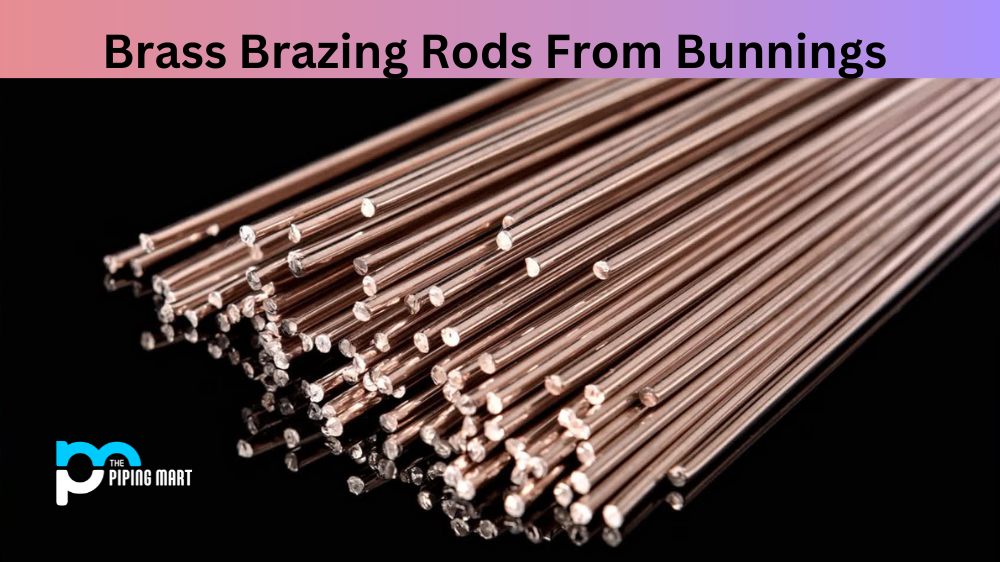When it comes to metalworking and fabrication, many different types of metals can be used. Two of the most popular metals used in metalworking are bronze and steel. Both have unique properties and benefits that make them ideal for certain projects. Let’s look at how bronze and steel compare regarding metalworking applications.
Bronze vs. Steel Properties
The primary difference between bronze and steel is their properties, which include hardness, strength, weight, ductility, malleability, flexibility, heat resistance, corrosion resistance, electrical conductivity, melting temperature, cost, and more. Steel is typically harder than bronze and can withstand higher temperatures without warping or melting. It is also stronger than bronze but heavier as well. Bronze has better corrosion resistance than steel but is less strong or heat-resistant. It also has better electrical conductivity than steel but is more expensive due to its copper content.
Bronze vs. Steel Uses
Regarding metalworking applications, bronze and steel have their advantages depending on the project requirements. For instance, bronze may be your best choice if you need a lightweight material with superior corrosion resistance. At the same time, if you need a high-strength material with good heat resistance, steel might be your more suitable option. Additionally, bronze can be used in projects where detailed designs are needed due to its malleability. In contrast, steel may be better suited for high-temperature applications such as welding or forging since it can withstand higher temperatures without warping or melting.
Difference Between Bronze and Uses
Composition
Bronze and steel are two metals that are quite different in terms of composition. Bronze is an alloy of copper and tin, while steel is an alloy of iron and carbon. The different composition of these two metals results in a number of other properties.
Strength
One of the most noticeable differences between bronze and steel is their strength. Steel is much stronger than bronze, meaning it can be used for a wider range of applications. For example, steel is often used in the construction of buildings and bridges, while bronze is not.
Uses
The different properties of bronze and steel also mean that they have different uses. Due to its aesthetic properties, bronze is often used for sculptures and other artistic applications. On the other hand, steel is more commonly used in engineering applications due to its strength and durability.
Prices
Another difference between bronze and steel is their price. Steel is generally much cheaper than bronze due to its abundance. Bronze, on the other hand, is relatively rarer and thus tends to be more expensive.
Maintenance
Finally, bronze and steel also require different maintenance. Bronze is a softer metal and thus requires more care to prevent it from scratching or denting. Steel is a harder metal and therefore needs less maintenance.
Conclusion:
Both bronze and steel are popular metals used in metalworking projects due to the unique properties that make them suitable for different applications. While steel offers higher strength and heat resistance than bronze, it is also heavier and less malleable, which may limit its use in some projects. On the other hand, bronze has superior corrosion resistance, which makes it ideal for outdoor applications where extended exposure to weather elements could cause rusting or warping of the material over time. Ultimately the decision should come down to what type of project you’re working on so that you can choose the best metal for the job at hand!

Abhishek is a seasoned blogger and industry expert, sharing his insights and knowledge on various topics. With his research, Abhishek offers valuable insights and tips for professionals and enthusiasts. Follow him for expert advice on the latest trends and developments in the metal industry.




